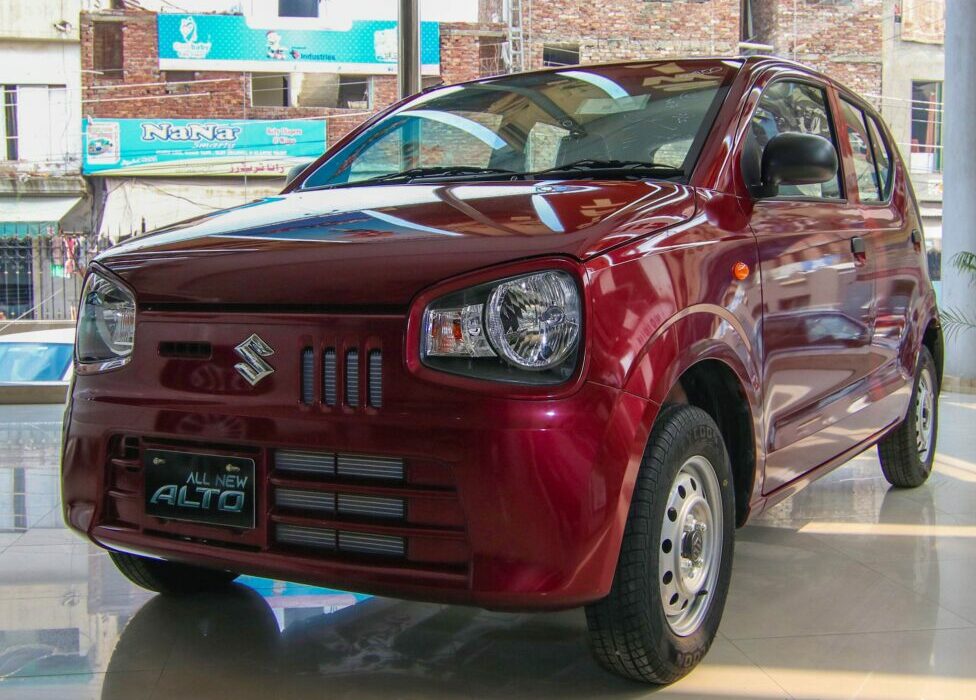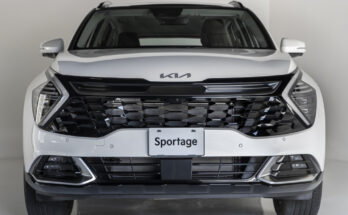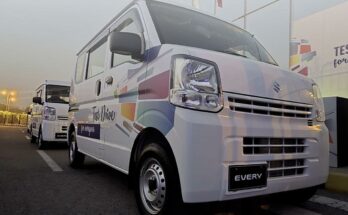In the face of Pakistan’s economic challenges, the automotive industry stands at a crossroads, torn between catering to a handful of elites with large, expensive hybrids and addressing the broader needs of the populace with small, fuel-efficient hybrids with a more logical price tag.
Common sense dictates that there should be more and more hybrids replacing the generic vehicles for the masses in order to achieve the true benefits of having hybrid cars, namely to reduce the fuel import bill (both on an individual and mass level) and to demonstrate care for the environment, rather than supplying a limited number of units to the rich and affluent class.
Related: Pakistan is Yet to Embrace Fuel-Saving Tech in Automobiles
However, assemblers in Pakistan have been prioritizing the latter above the former, because it’s all about profit margins. Let us see how small & affordable hybrids should be preferred over large & expensive not-so-fuel-efficient hybrids.
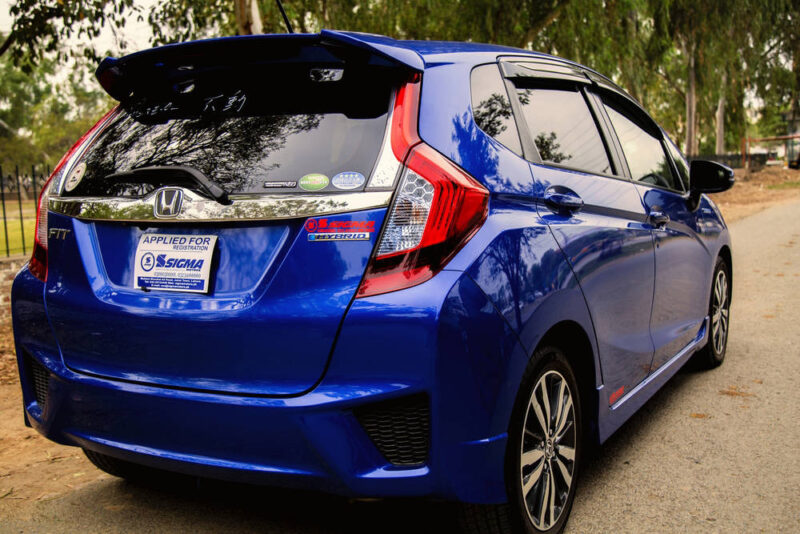
Affordability and Economic Realities: Small hybrid cars are undeniably more beneficial for Pakistan, especially in times of economic crisis. With the majority of the population facing financial constraints, these affordable, fuel-efficient vehicles offer a practical solution. While large hybrids cater to the elite, small hybrids present an opportunity for ordinary Pakistanis to embrace eco-friendly transportation without burdening their wallets. The economic benefits of reduced fuel costs and environmental conservation are more accessible to a broader segment of society through these smaller, budget-friendly options.
Urban Challenges and Practicality: Pakistan’s urban centers grapple with traffic congestion, limited parking space, and narrow streets. Small hybrid cars are tailor-made for these challenges, offering practicality and ease of navigation. Their compact size allows for seamless movement in crowded cities, reducing traffic congestion and easing urban mobility. On the other hand, large hybrids, usually SUVs, exacerbate congestion issues, making them less practical for everyday commuting in Pakistan’s bustling cities.
Manufacturer Choices and Market Trends: Despite the economic crisis, automakers often lean towards launching expensive hybrids due to higher profit margins. The demand for luxury vehicles among the affluent class remains a lucrative market, overshadowing the pressing need for more affordable, fuel-efficient options. However, this choice does not align with the long-term environmental and economic goals of Pakistan. It’s crucial for policymakers and manufacturers to recognize the growing global trend toward sustainability and focus on producing smaller hybrid cars that cater to the masses.
The Price Offset: In addition to their advantages for the environment, hybrid cars are frequently praised for their high fuel efficiency. However, the benefits of fuel savings are greatly diminished by their hefty price tag when compared to their gasoline counterparts. It becomes almost pointless to spend an additional 3 or 4 million rupees on overly expensive hybrids just to save a few hundred rupees on fuel per trip.
Government Policies and Incentives: To encourage the shift towards smaller hybrid cars, the government can play a pivotal role by implementing policies and incentives that promote eco-friendly vehicles. Tax breaks, subsidies, and reduced import duties on hybrid components could make manufacturing and purchasing small hybrids more attractive. By creating a favorable environment for both consumers and automakers, the government can pave the way for a sustainable automotive industry that benefits both the economy and the environment.
JDMs Comes into Debate Again: Used cars from Japan (aka JDM) also play a pivotal role in providing better, safer, and fuel-efficient small cars for the masses. It is useless to restrict their arrival into Pakistan on the grounds that it will harm local assemblers’ market share because automakers in Pakistan never prioritize small hybrids for introduction here.
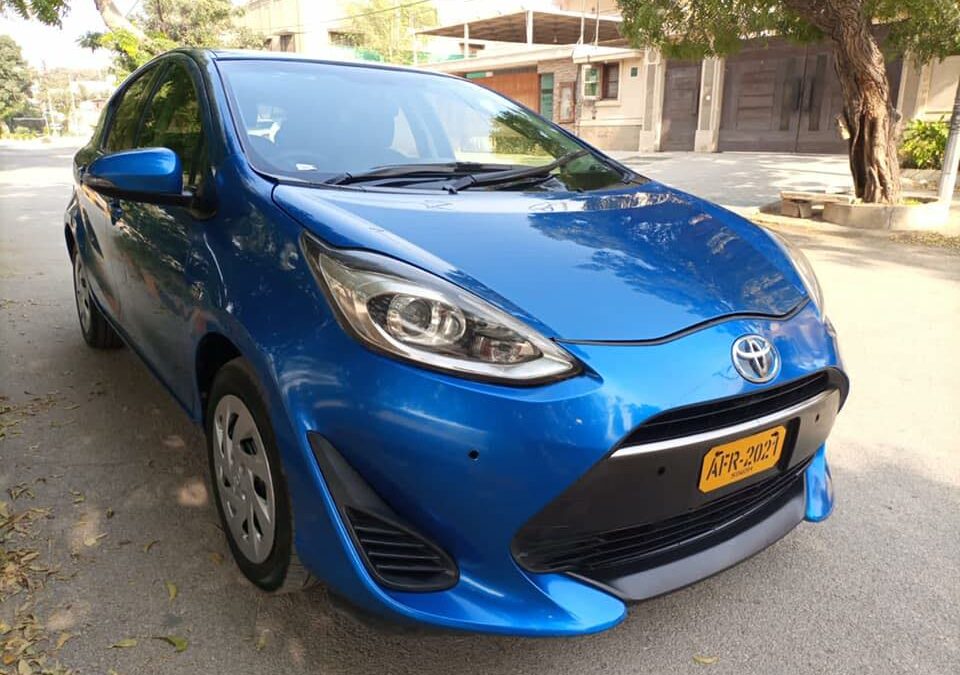
In navigating Pakistan’s economic crisis, the automotive industry must prioritize the needs of the many over the desires of the few. Small hybrid cars, with their affordability, practicality, and environmental benefits, present a viable solution. By aligning government policies with market demands and encouraging automakers to invest in fuel-efficient technologies, Pakistan can embark on a sustainable path, ensuring that the advantages of eco-friendly transportation reach every corner of the nation, leaving a positive impact on both the environment and the economy.

I don’t eat, sleep or dream of cars, I am just someone who loves to see, think & write about cars. I love Ferrari in Pink but they won’t make one for me. I use X to write my full name, but that doesn’t mean I’m inspired by Altis X, in fact, my dad hates it 😀 Btw I’m an occasional writer so don’t expect too much from me 🙂

